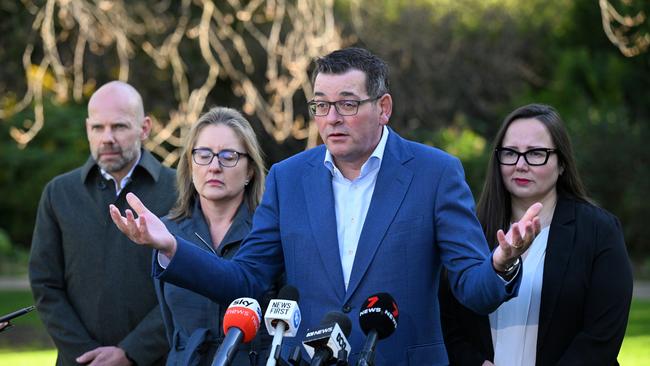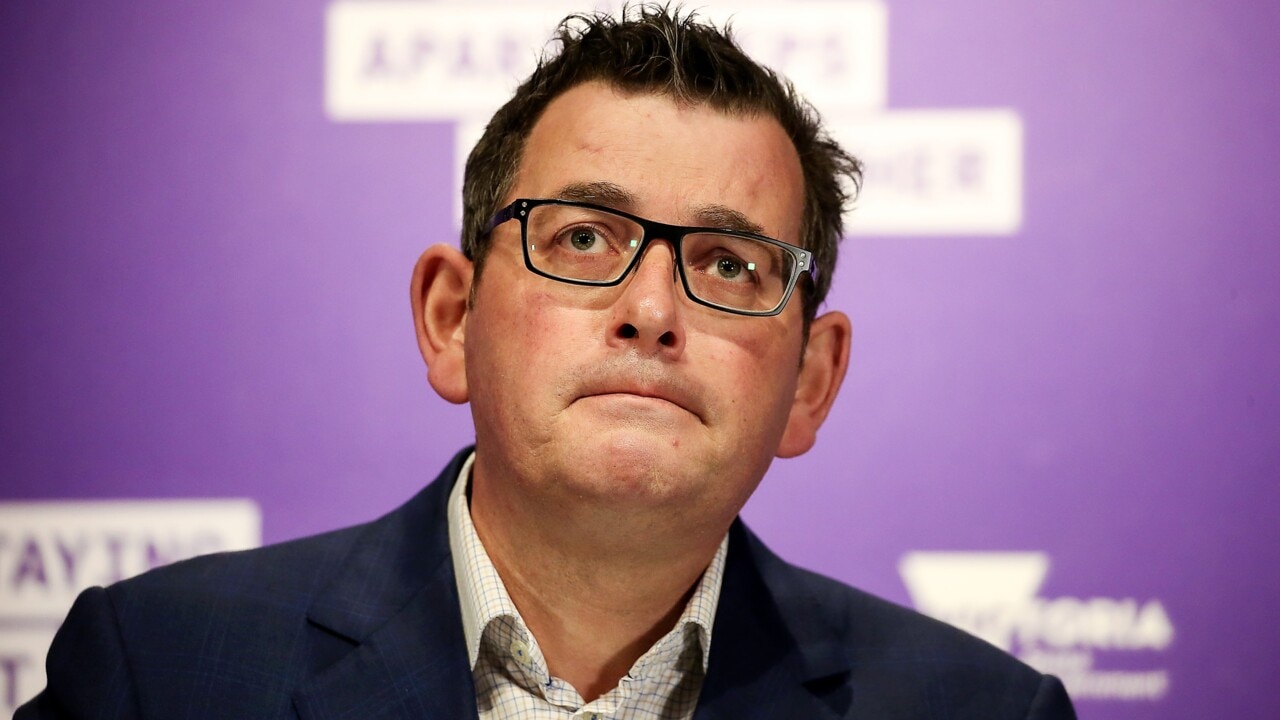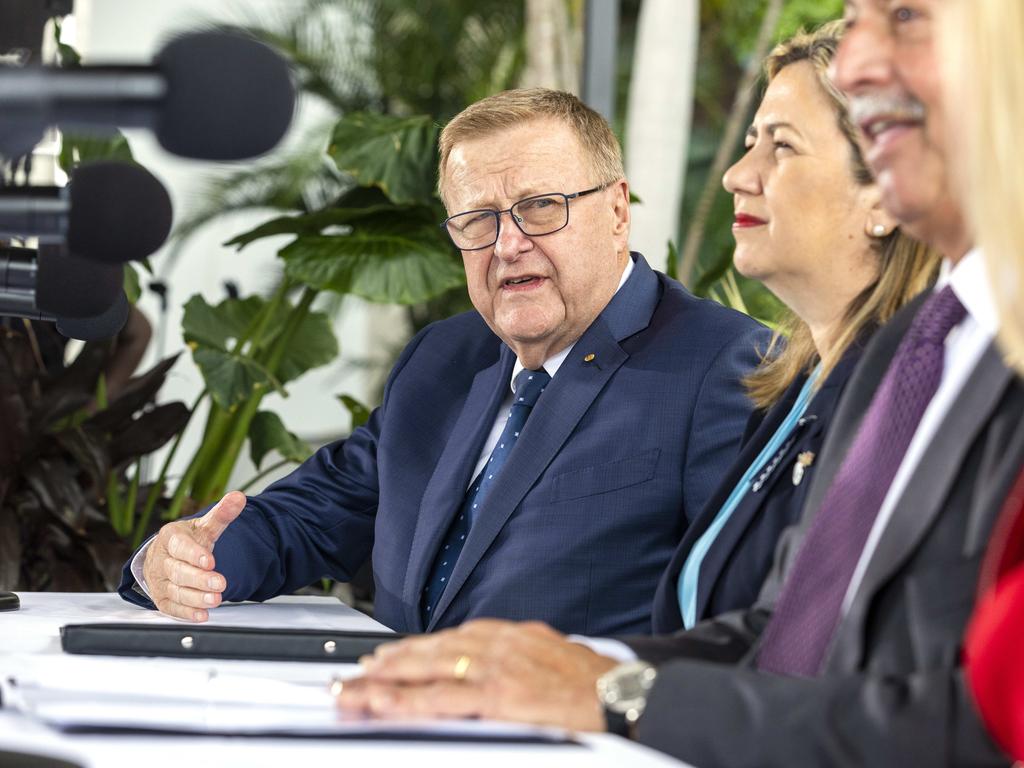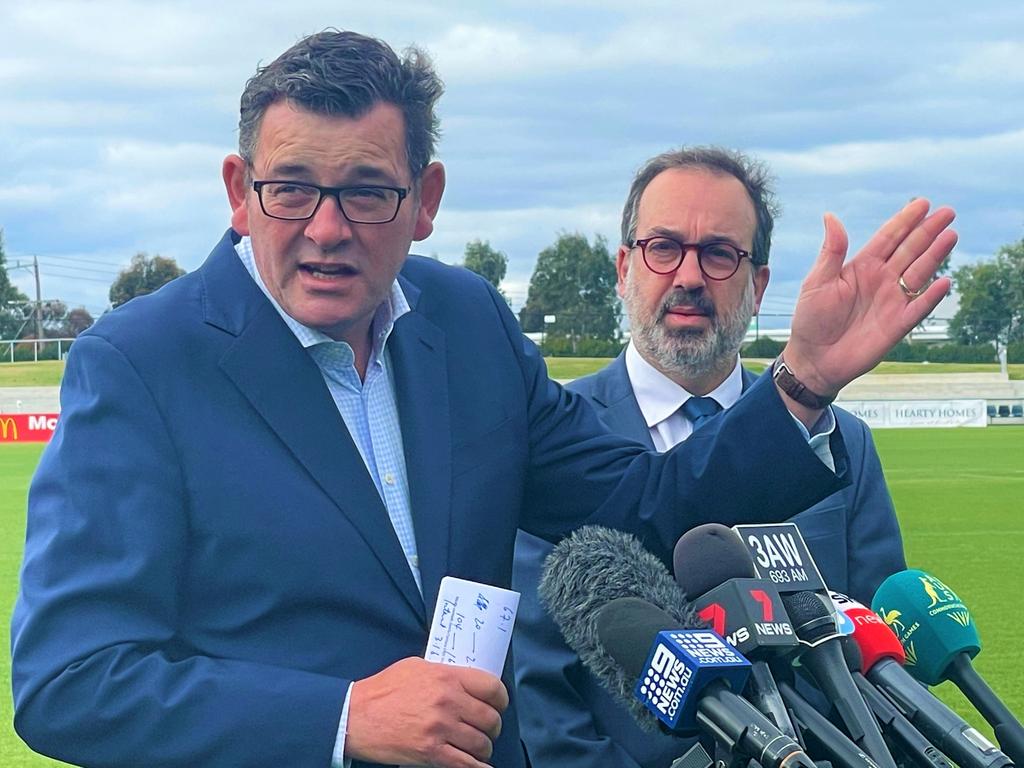Daniel Andrews’s dumping of the Commonwealth Games is almost the definition of sovereign risk


That’s the way the Andrews government started off, when it cancelled the perfectly good eastern freeway Hoddle Street project, despite the state already being contracted to complete it, and had to pay lots of taxpayers’ money in order to do nothing. And it has governed with that same shambolic practice, while being good at presentation, ever since.
The cancellation of the Commonwealth Games in Victoria in 2026 certainly damages the state’s self-image as the Mecca of sport, and big sporting events. But much more importantly, it damages the state’s international financial reputation.
Mind you, that was already pretty damaged.
But the cancellation also damages the Commonwealth Games as an institution – and, indeed, the Commonwealth itself.
Victoria’s is a pretty weird Australian state government. It combines the ideology of Bernie Sanders and the social policies of San Francisco with the fiscal prudence of Puerto Rico.
In terms of debt and credit rating, it’s the worst-performing government in Australia, with a tendency to authoritarianism that resembles Enid Blyton rewritten as a socialist dystopia.

It’s by no means clear that Commonwealth cities will be lining up to replace Victoria to host the Commonwealth Games.
The Games are essentially a plaything of the four richest Commonwealth nations – Australia, Britain, Canada and New Zealand. Since 1930, they’ve been hosted only three times by cities in nations outside that foursome: Kingston in 1966, Kuala Lumpur in 1998 and Delhi in 2010.
A really cynical observer might think they exist in some measure as a way for athletes from rich nations to pit themselves against athletes from poor nations and thereby win a lot of medals.
That’s a bit unfair, of course. The Games are a wholesome activity. But they’ve grown too big and grandiose. Too many sports have been added, too many ancillary activities, too much falderal altogether. Like a small version of the Olympics, they require host cities to spend vast sums of money on them which could never withstand a cost/benefit analysis.
If the Games want to survive long term they should probably slim down and take on more of a community participation focus.

The lack of clear purpose in the Commonwealth Games, apart from having fun and enjoying sport, reflects the similar lack of any meaningful purpose or utility in the larger Commonwealth itself. The Booker literary prize used to be restricted to writers from Commonwealth nations, plus Ireland, but finally decided it was cutting itself off from too much good literature for no reason, so went eventually to open entry.
The Commonwealth was once a club of Britain and her former colonies, but because in Africa the Commonwealth network can have some minor consequence, it was thought unfair to keep out impoverished African nations with no British heritage. Its incoherence is now epic.
Having covered a number of Commonwealth Heads of Government Meetings, I would observe that if the Commonwealth didn’t already exist, you’d feel no need to invent it.
Mind you, at least CHOGMs normally get the bread and circuses formula right. Dan Andrews can’t even afford the circuses now.







A government that makes a big, specific commitment, involving lots of other folks’ time and money, and lots of specific contracts, and then has to pull out because it can’t afford it – that’s almost the definition of one variety of sovereign risk. That’s Victoria under Dan Andrews.